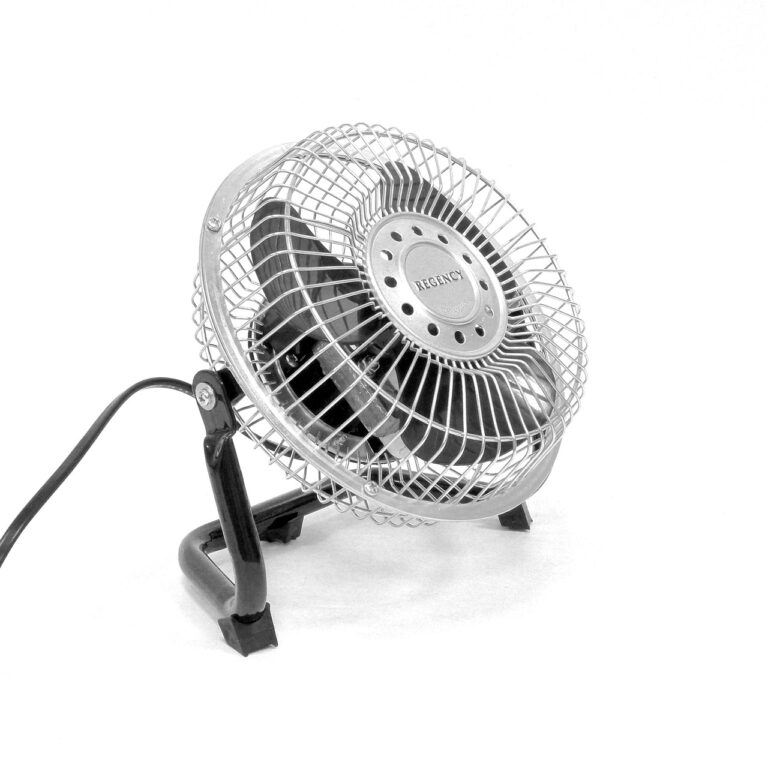The Psychology of Clutter in Home Improvement
Excessive clutter in our living or working spaces can have a significant impact on our mental well-being. When our surroundings are filled with disorder and chaos, it can lead to feelings of overwhelming stress and anxiety. The constant visual stimuli from clutter can create a sense of unease and make it difficult for our minds to relax and focus on tasks at hand.
Moreover, clutter can also contribute to a sense of feeling overwhelmed and out of control in our lives. The presence of unorganized items can subconsciously signal to our brains that there are unfinished tasks or unresolved issues, leading to increased feelings of tension and mental fatigue. In essence, the state of our physical environment can directly influence our mental state, making it crucial to maintain a sense of order and cleanliness for our overall well-being.
The Connection Between Clutter and Stress
Research has shown that living or working in a cluttered environment can significantly contribute to increased stress levels. The chaos and disorganization that clutter brings can overwhelm the mind, leading to feelings of anxiety and tension. When surrounded by clutter, individuals may find it difficult to relax or concentrate, further exacerbating their stress levels.
Moreover, clutter can also act as a constant visual reminder of uncompleted tasks or unfinished projects, triggering a sense of unease and guilt. The constant presence of clutter can create a sense of chaos in one’s surroundings, reflecting and amplifying internal feelings of disarray and overwhelm. As a result, decluttering and organizing one’s space can help alleviate stress and promote a sense of calm and control in daily life.
How Clutter Can Affect Productivity
Studies have shown that a cluttered work environment can significantly hinder productivity levels. When surrounded by disorganization and mess, individuals may find it challenging to focus on tasks at hand. This can lead to increased distractions, ultimately resulting in decreased efficiency and output. Clutter has the ability to overwhelm the brain, making it difficult to prioritize and stay on track with work responsibilities.
Furthermore, a disordered workspace can also have a negative impact on cognitive function. The visual stimuli of clutter can create a sense of mental chaos, affecting one’s ability to process information and make clear decisions. As a result, individuals may experience a decline in problem-solving skills and overall performance. Maintaining an organized and clutter-free environment is crucial for promoting a clear and focused mindset, leading to improved productivity.
How does clutter impact mental health?
Clutter can contribute to feelings of overwhelm, anxiety, and even depression. It can create a sense of chaos and make it difficult to focus, leading to increased stress and mental fatigue.
What is the connection between clutter and stress?
Clutter can be a source of stress because it signals to our brains that there is unfinished work to be done. The visual overload of clutter can also be overwhelming and make it hard to relax or feel at ease in your environment.
How does clutter affect productivity?
Clutter can hinder productivity by causing distractions, making it difficult to find what you need, and reducing your ability to focus. It can also lead to procrastination and a lack of motivation, as the clutter can be a constant reminder of tasks that need to be completed.







